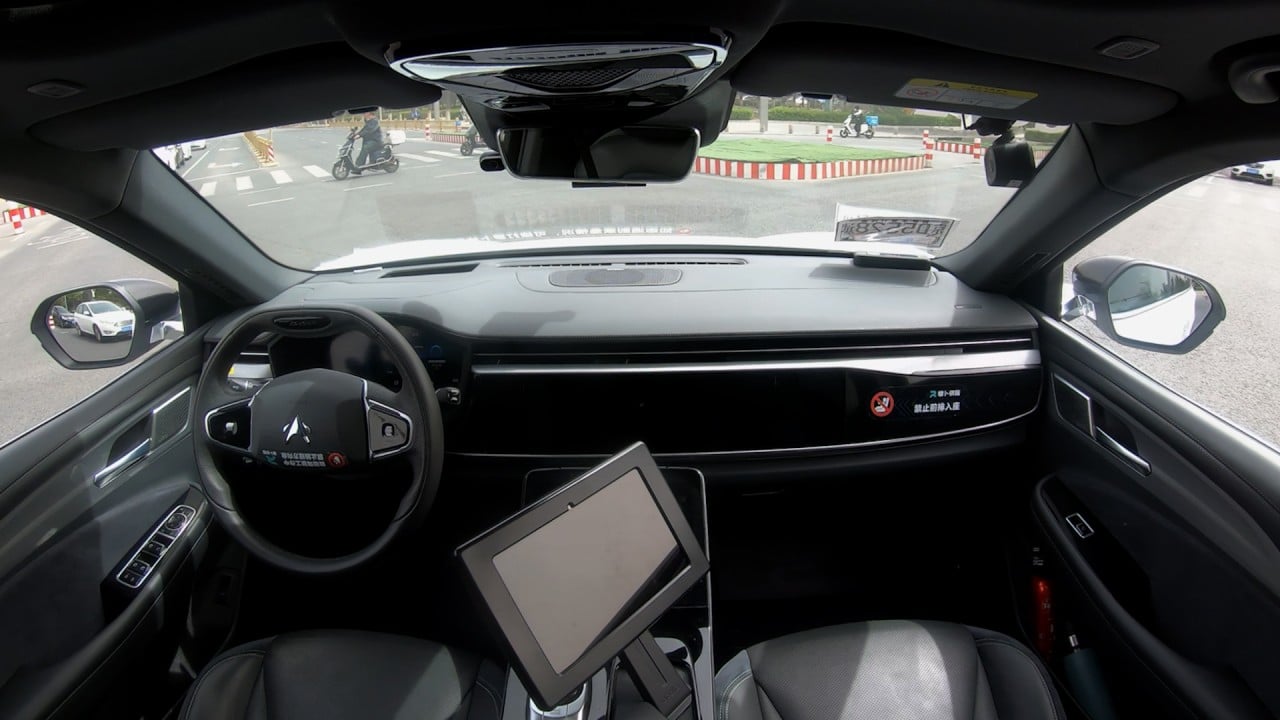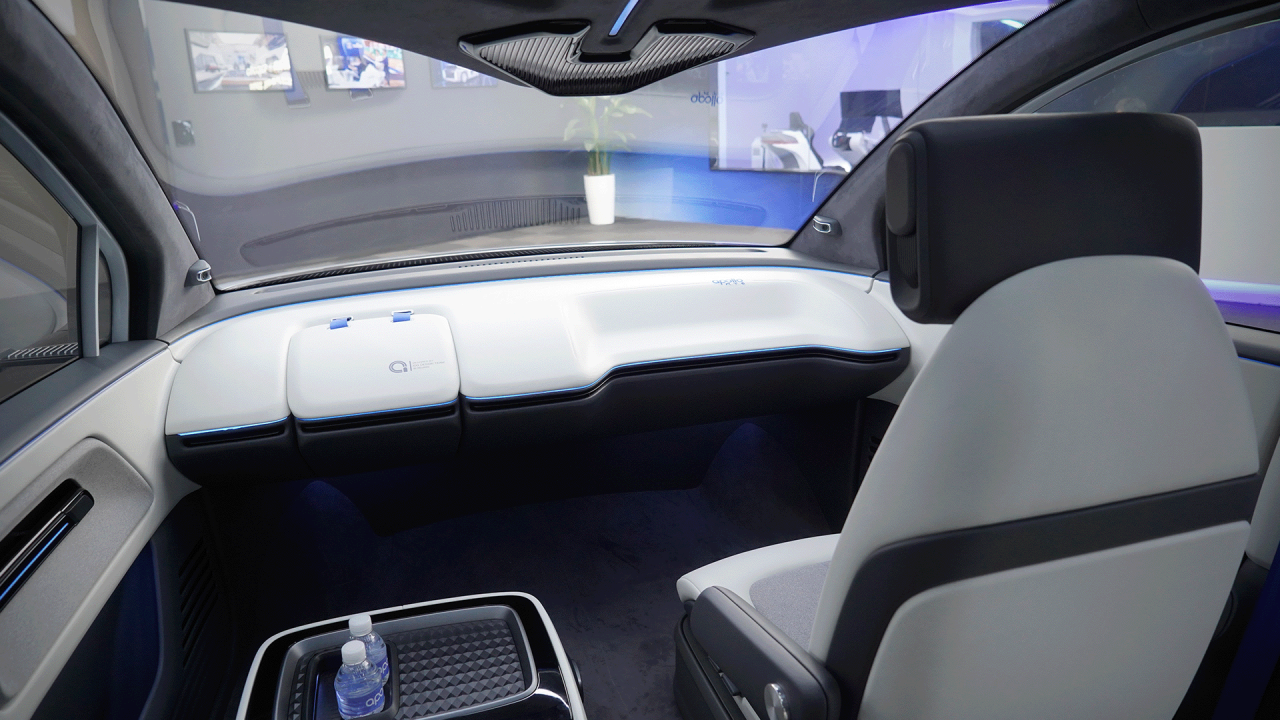
Lidar sensor maker Hesai rakes in record quarterly revenue as China’s EV makers accelerate autonomous-driving adoption
- Deliveries of the company’s lidar sensors for cars with autonomous-driving capabilities surged more than 12,000 per cent from a year ago
- Up to 15 per cent of all new EVs in China will have at least partial automation within the next three years, according to Baidu
The Shanghai-based company reported revenue of 429.9 million yuan (US$61 million) for the three months ended March 31, up 73 per cent year on year, according to the earnings report it filed to the Nasdaq after the market close on Tuesday.
The company said it had secured orders for its lidar sensors from 11 car assemblers and it expects deliveries for use in smart vehicles to climb 40 per cent in the second quarter, compared with the first quarter.
Overall deliveries of all types of lidar sensors rose 403 per cent from a year ago to 34,834 units. The company’s non-ADAS lidar sensors find use in applications such as robotics and agricultural vehicles.
China’s EV makers tout self-driving tech, but breakthroughs are years away
Louis Hsieh, chief financial officer of Hesai, said in a statement after publishing the first-quarter earnings that the company’s sales and a backlog of orders would help it maintain its leading position in the ADAS lidar segment.
That translates to about 400 million smart cars that can drive on highways as well as city roads, and park themselves with partial or conditional human intervention.
China supplies about 60 per cent of vehicle lidar sensors globally.
Lidar sensors, widely adopted by Chinese EV builders, are viewed by automotive industry officials as an essential component in developing fully autonomous driving vehicles.



